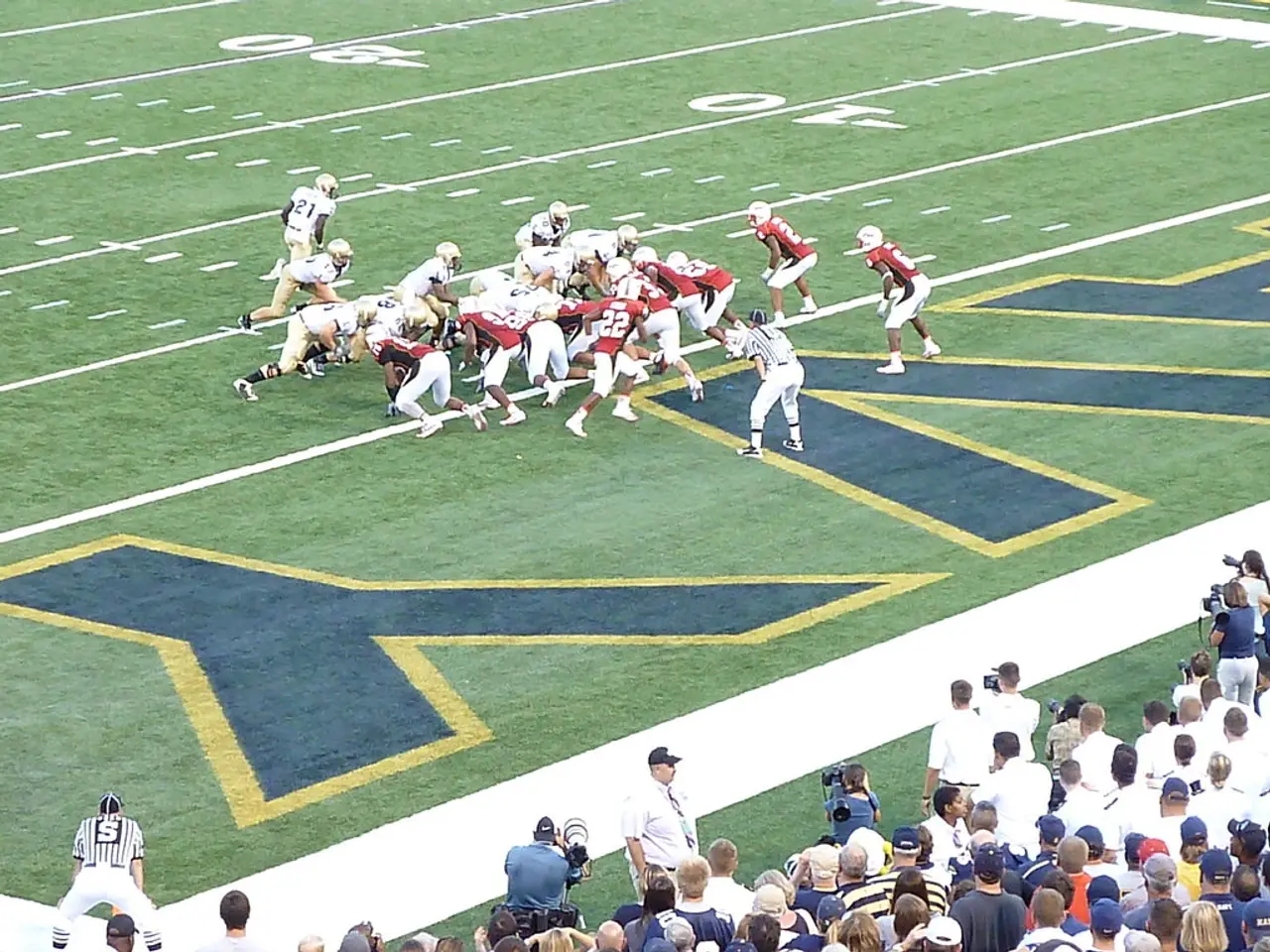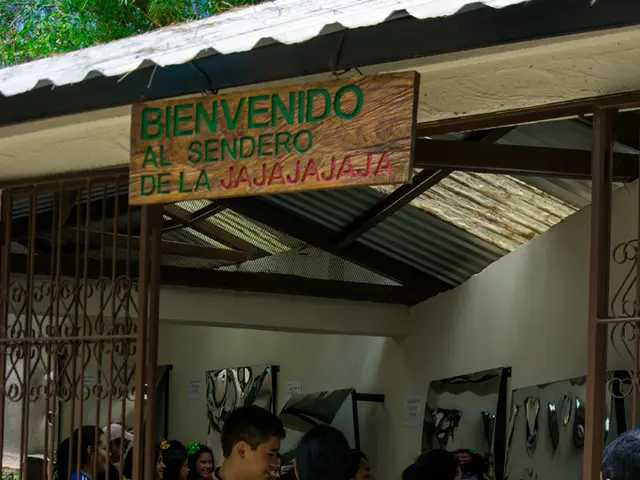South Africa's Competition Tribunal Halts Vodacom's R13 Billion Purchase of Maziv Stake
In a landmark decision, the Competition Tribunal in South Africa has rejected Vodacom's proposal to acquire a 30% stake in Maziv, citing concerns over potential harm to competition in the country's telecommunications market.
The proposed deal, which aimed to strategically position Vodacom to expand its fiber infrastructure, accelerate broadband access, and strengthen its competitive edge in South Africa’s digital economy and 5G market, was initially met with approval. However, the Tribunal raised concerns that the acquisition could lead to permanent harm to competition, particularly in mobile and broadband services.
Vodacom's ambitious plans hinged on access to Maziv’s fiber networks, notably Vumatel and Dark Fibre Africa, critical for Vodacom’s fixed-mobile bundled service offerings and 5G growth plans. The deal also promised an investment infusion of around R13.5 billion into expanding fiber coverage, targeting rural and low-income communities, and strengthening Vodacom's market positioning against competitors like MTN and Telkom.
Despite the potential benefits, the Tribunal found that the deal would give Vodacom excessive control over pricing and market competition. The Tribunal also highlighted that allowing the deal would create unfair advantages for Vodacom, making it more difficult or expensive for competing networks to access the same infrastructure.
The Tribunal's decision does not affect the DFA's provision of fibre connections to other mobile operators, ensuring fair competition in this area. However, the rejection of the deal could potentially increase competition in the fibre market, as Vodacom may now build its own fibre network.
The decision has been met with support from numerous industry players, who argue that the deal would eliminate competitors and reduce customer options. The Competition Tribunal believes that no set of conditions could effectively manage the risks that this merger would create.
Vodacom, concerned about losing substantial revenue as more households shift from mobile data to fibre, has expressed its determination to proceed with the deal. If the deal does not go through, Vodacom may build its own fibre network, thereby increasing competition.
The Competition Tribunal's decision prevents Vodacom from acquiring a 30% stake in Maziv. The remaining requirement is unconditional approval from the Independent Communications Authority of South Africa (ICASA). The outcome of this approval process will shape the future of competition in South Africa's telecommunications market.
The rejection of Vodacom's proposed acquisition of a 30% stake in Maziv by the Competition Tribunal raises questions about potential venture capital for expanding fiber infrastructure and 5G market growth, as the deal would have provided an influx of finance for this purpose. The decision may also have implications for business competition, as it could potentially increase competition in the fibre market, making it more challenging for Vodacom to maintain its competitive edge against competitors like MTN and Telkom.




